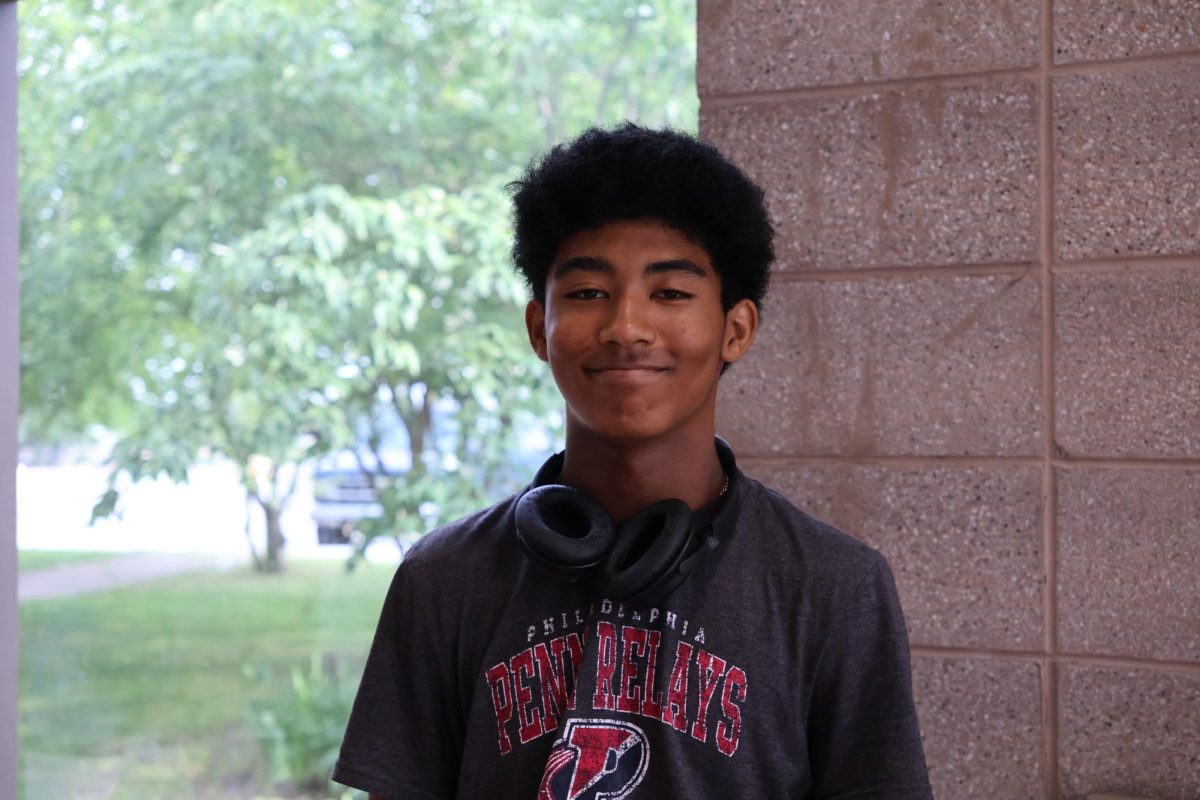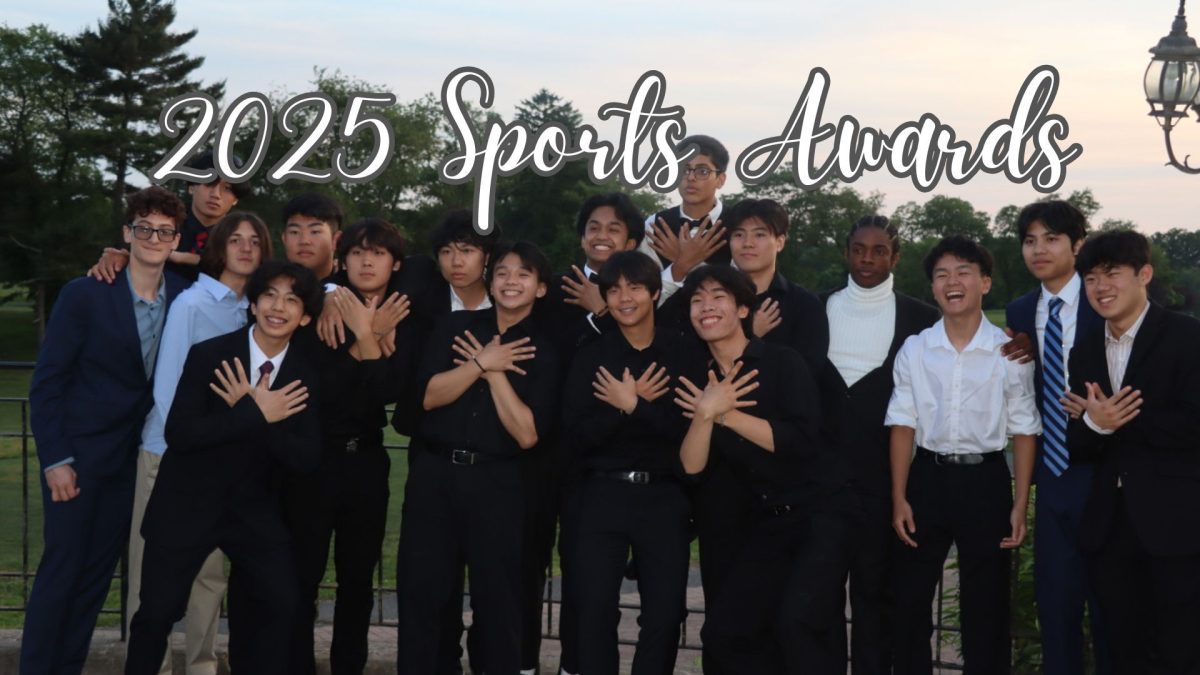
I remember how moving it was to see Oscar Pistorius complete the 400 meter dash at the London 2012 Olympics and for Grenadian victor Kirani James to switch numbers with him out of respect. At this moment, Pistorius seemed the perfect hero: an otherwise normal person born without fibulae, achieving the impossible through sheer determination. He became an emblem of hope for the disabled that yearned to shine, teaching the world that nothing can thwart our dreams.
Recently, the “Blade Runner” was accused of shooting his girlfriend, Reeva Steenkamp, leaving his disappointed fans wondering how such an inspiring man could let them all down. While professional athletes may seem like good role models, their heroic appearances are often deceiving. The truth of this terrible situation brings us all back down to earth: although it’s fine to be inspired by athletes, we must avoid idolizing them.
Society’s expectations put professional athletes under immense pressure to win and win only. Their wealth and fame make it easier for them to become too comfortable with themselves and behave poorly, forgetting their responsibility as role models. The scandals are endless, ranging from committing rape to doping to dog fighting.
Unfortunately, when pro athletes do commit crimes, although the legal punishment is often enough, society forgives and forgets their faults too easily.
In Stanley Teitelbaum’s book Sports Heroes, Fallen Idols, he says, “In spite of the disillusion many fans experience when a hero becomes blemished, they often are eager to offer a second chance so they can hold on to the positive image of their hero that they identify with.”
Similarly, although Michael Vick served twenty-three months in jail after participating in illegal dog fighting, he is still treated nobly. In 2010, soon after his release, he received the NFL Comeback Player of the Year Award, which honors football players who have succeeded in the field despite ordeal.
The USA Today article “Vick named comeback player of the year,” also notes that since his release, his image outside of the field has improved, adding that he signed an endorsement contract with the protective clothing company Unequal Technologies.
Such endorsements also contribute to society’s thoughtless glorification of professional athletes.
A recent edition of the news magazine The Week displays a Rolex advertisement depicting a victorious Tiger Woods clenching his fists, with the caption, “Rolex and Tiger Woods. United by the Pinnacle of Achievement.” In bold green letters it also reads, “He’s Back.”
Back already?
The point is, sports officials and the media shouldn’t warmly welcome athletes back from a crime or scandal, no matter how valuable they are. Our forgetting creates an unhealthy culture among younger athletes.
I wonder why there are so many college and high school sports scandals these days. Perhaps, younger athletes should be more educated about ethics.
Most of that education must come from coaches prioritizing ethics over winning. They shouldn’t ignore an athlete’s bad behavior, no matter how valuable he or she is, and should suspend them from the team.
Some might think this issue is unimportant. After all, it’s just sports, right?
I think it’s a matter of character and integrity.
And I’m sure most athletes are capable of instilling these characteristics in youth and adolescents. However, when you see them make that winning touchdown or win a race by a split second, just keep in mind that outside of these heroic, spur of the moment actions, athletes are still humans, not gods.

































